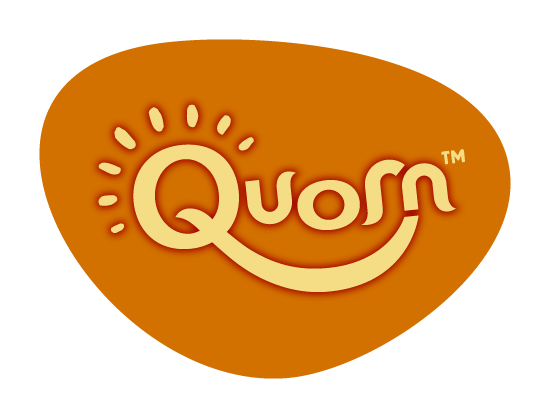Vegan | Gluten-Free
Quorn has had some seriously bad press associated with it, however it still isn’t clear what’s real and what’s not.
There are several articles and websites dedicated to warning consumers about these products, which claim to be a ‘relative of the mushroom’, which isn’t exactly true. Quorn is a fungus grown in giant vats, and bears no resemblance to the humble mushroom except that they are both fungi. This means the products are far more allergenic than a mushroom might be, being more like mould than mushroom. This is what the uproar is all about, as Quorn products have made quite a few sensitive people sick.
The name is also misleading, making it sound like it is made out of a humble corn cob, instead of a vat of mould. Quorn is thought by most people to be some kind of textured vegetable protein, which is usually made from soy, so it comes as a surprise to people who investigate it further to find the scandal that lies behind one of the most popular vegetarian faux meats on the market globally.
Quorn does taste good, that is for sure. It almost tastes like real meat, however its health benefits are questionable, and it seems clear that if you react to Quorn, you should not be eating it. Most people don’t react, but that doesn’t make it safe. In saying that, people are allergic to all kinds of natural substances and become more allergic every day – bananas, tomatoes, nuts, and eggs, to name a few.
Quorn is a source of protein, but it isn’t clear how readily absorbed it is: a critical element to any protein product consumed by vegetarians and vegans who have few other source of protein.
Conclusion
At the moment, in the absence of any evidence to the contrary, Quorn seems to be generally well tolerated by most people as a tasty protein source for low-to-moderate consumption by an otherwise healthy person. It is a versatile addition, and although it contains flavour enhancers (salt, etc.) it can’t be ruled out completely.
More research is needed, and it would be wise not to rely heavily on packaged food products for all your protein needs, instead eating a variety of foods rich in all the amino acids necessary for human health. Nuts, seeds, quinoa, brown rice, vegetables, seafood and soy products all provide good amounts of protein, and a palm-sized portion should be consumed at every meal to help balance blood sugar and maintain body systems optimally.
Keep in mind that each Quorn product must be challenged on its own merits and every ingredient scrutinised for quality. All Quorn products are not equal!

